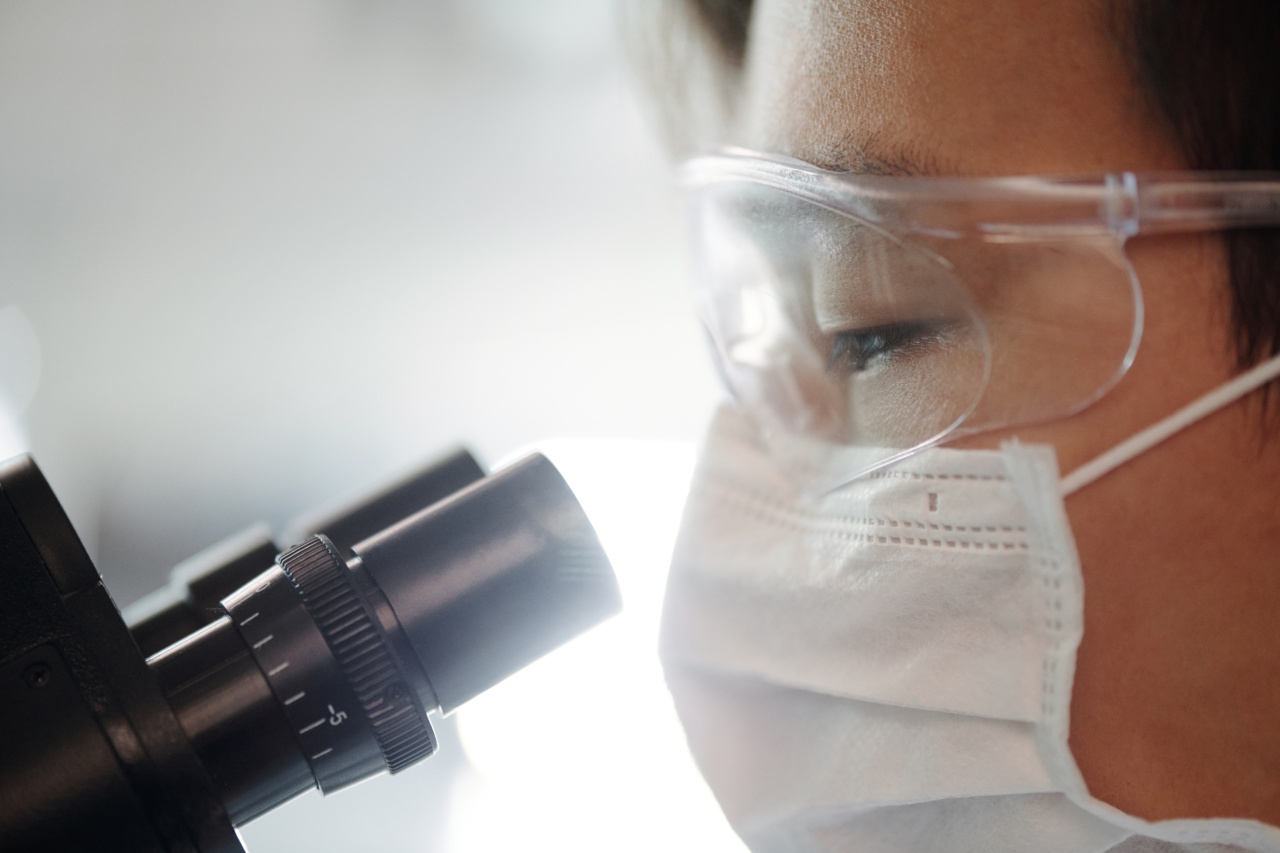Medical research has been working tirelessly to fight inflammatory bowel disease, also known as IBD. Inflammatory bowel disease involves chronic inflammation of the digestive tract, which can lead to severe pain and discomfort.
IBD is a general term that covers Crohn’s disease and ulcerative colitis, two similar but distinct diseases that affect millions of people around the world. With so many people suffering from IBD, there is a growing need for effective treatments.
The current state of IBD treatment
Current treatments for IBD are limited and largely focused on managing symptoms. Anti-inflammatory medications, corticosteroids, and immune suppressants are commonly used, but these treatments can have side effects and don’t always work.
Surgery is another option, but it is often seen as a last resort. Despite the current limitations, there is hope for those suffering from IBD due to recent breakthroughs in medical research.
Breakthrough 1: Identifying the role of gut bacteria
Research has identified that gut bacteria play a vital role in the development of IBD. Studies have shown that people with IBD have a different mix of gut bacteria compared to people without the disease.
Researchers have also discovered that certain bacteria can trigger the immune system, leading to inflammation in the gut. These findings have led to a new focus on developing treatments that target gut bacteria.
Breakthrough 2: Developing new treatments using biologics
Biologics are a type of medication that can be used to target specific proteins in the body that are involved in inflammation. Several biologics have been developed that show promise in treating IBD.
Some of these drugs target the immune system, while others target specific components of the inflammation process. Biologics can be given by injection or infusion and may be used in combination with other treatments.
Breakthrough 3: Personalized medicine
Another exciting area of research is personalized medicine. Researchers are developing ways to identify the specific genetic and environmental factors that contribute to the development of IBD.
By analyzing a person’s genetic makeup and lifestyle, doctors can tailor treatments to the individual. Personalized medicine has the potential to improve outcomes and reduce side effects of treatment.
Breakthrough 4: Treating symptoms with a plant-based diet
While dietary changes have long been suggested for people with IBD, recent research has shown the effectiveness of a low-fat, plant-based diet in managing symptoms.
Studies have found that people who adopt a plant-based diet have a reduced risk of developing IBD and experience fewer symptoms. This type of diet is high in fiber and antioxidants and may help to reduce inflammation in the gut.
Breakthrough 5: Using stem cells to repair tissue damage
Stem cells are a type of cell in the body that have the ability to develop into different types of cells. Researchers are investigating the use of stem cells to repair tissue damage caused by IBD.
Studies have shown that stem cells can repair damage to the intestinal lining, reducing inflammation and improving overall health. While this research is still in the early stages, it holds promise for people with IBD who experience tissue damage and scarring.
Conclusion
While there is still much to be learned about IBD and its causes, breakthroughs in medical research provide hope for people with this chronic and debilitating disease.
With new treatments being developed, including personalized medicine and stem cell therapy, the future looks bright for those living with IBD.





























